A representative of the memory chip company SK Hynix (South Korea) confirmed that they have stopped supplying components to Chinese businesses, strictly complying with the export restrictions imposed by the US.
“SK Hynix has stopped doing business with Huawei before the US placed the company on the Entity List. We have also initiated an investigation to find out the details of the above information,” SK Hynix said in a statement. “The company has always strictly complied with the US government’s export restrictions.”
The South Korean company's statement came after it emerged that the Mate 60 Pro, Huawei's latest smartphone launched last week, uses LPDDR5 - an advanced DRAM chip and NAND memory chip manufactured by SK Hynix.
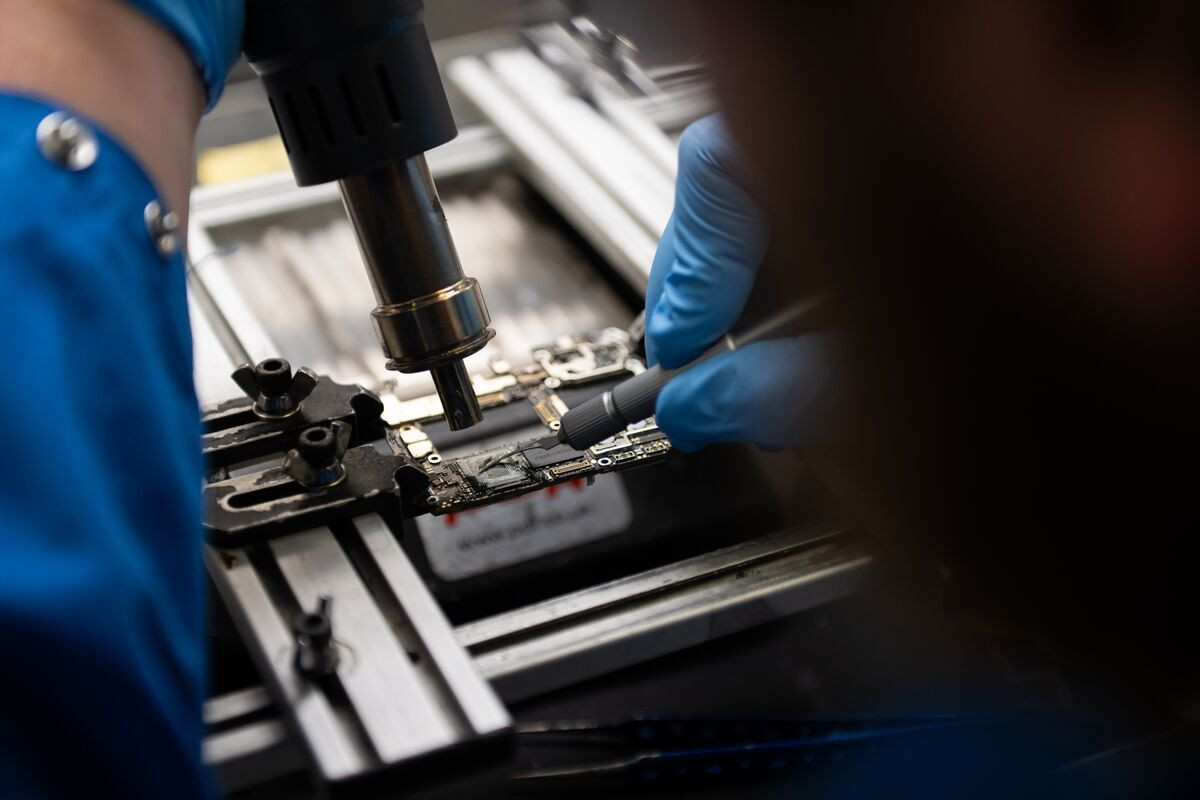
In 2020, the US government imposed sanctions on Huawei, preventing the Shenzhen-based company from accessing processors developed or manufactured using US technology or software. Since then, chipmakers such as SK Hynix and Samsung Electronics have stopped selling to Huawei.
Wide-ranging impact
SK Hynix is the latest company caught in the crossfire of the US-China tech war. Earlier, Apple's market capitalization fell 6.4% after Beijing banned government officials and state-owned enterprise employees from using iPhones.
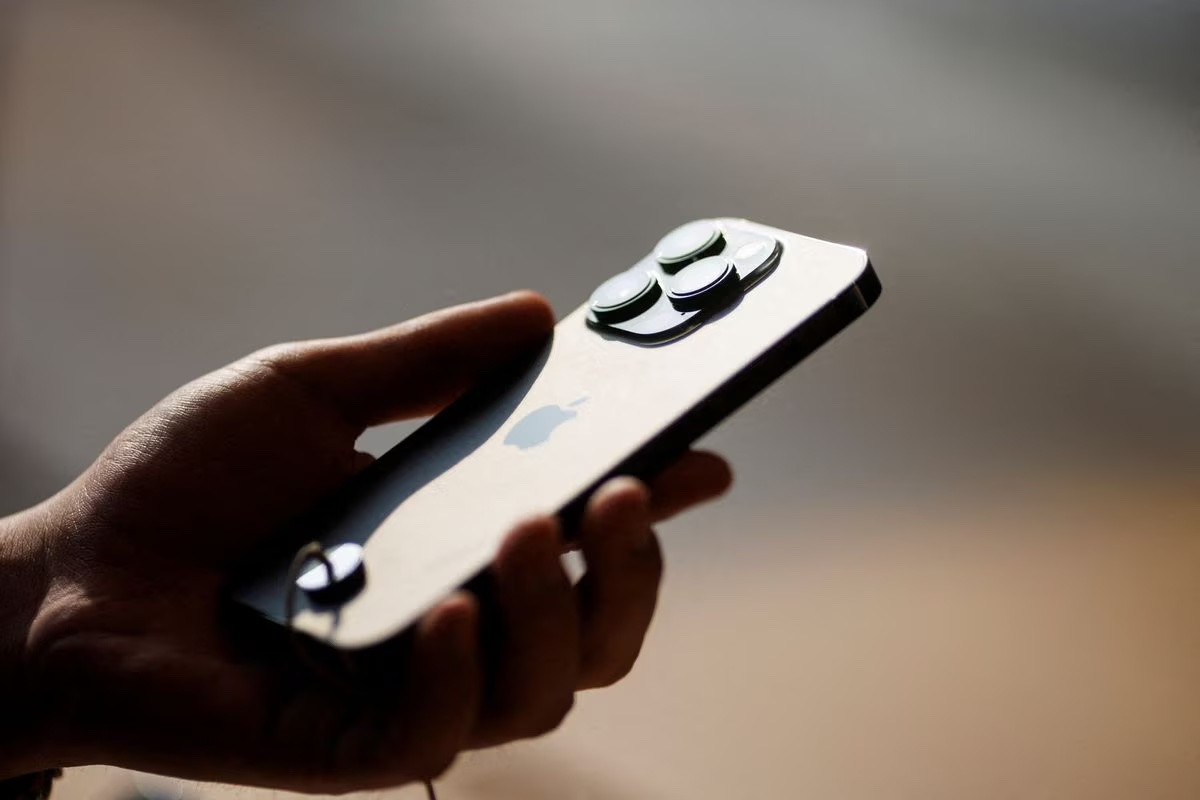
Wall Street experts say Apple’s revenue in 2023 will be affected by the Chinese government’s “tit-for-tat” moves, but the impact will be insignificant. So far, the world’s largest technology company’s capitalization has been blown away by $190 billion.
Morgan Stanley expert Erik W. Woodring said the decline in Apple shares was just an “overreaction” of the market and that China’s move would not escalate on a large scale. In the worst case scenario, Apple would lose 4% of its revenue, equivalent to 3% of its actual profit.
“China is critical to Apple’s success, but Apple is also critical to the mainland economy,” Woodring said. “While a decoupling between Apple and China in today’s multipolar world is entirely possible, we don’t think the worst-case scenario will come to pass.”
BofA Global Research estimates the ban is equivalent to 5 million to 10 million fewer iPhones in the world's second-largest economy, and the impact would be even higher if the government imposes additional regulations banning the devices from entering workplaces.
(According to Bloomberg, Reuters)
Source






























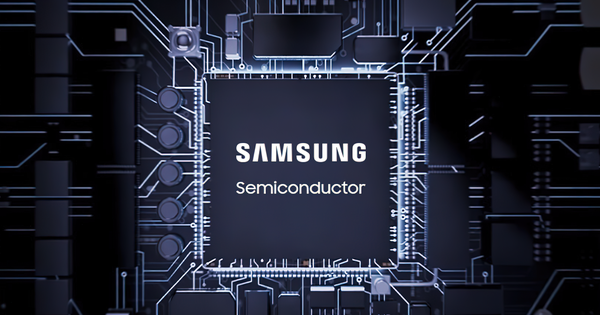

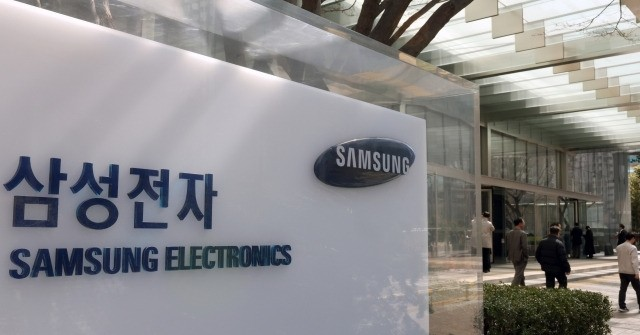
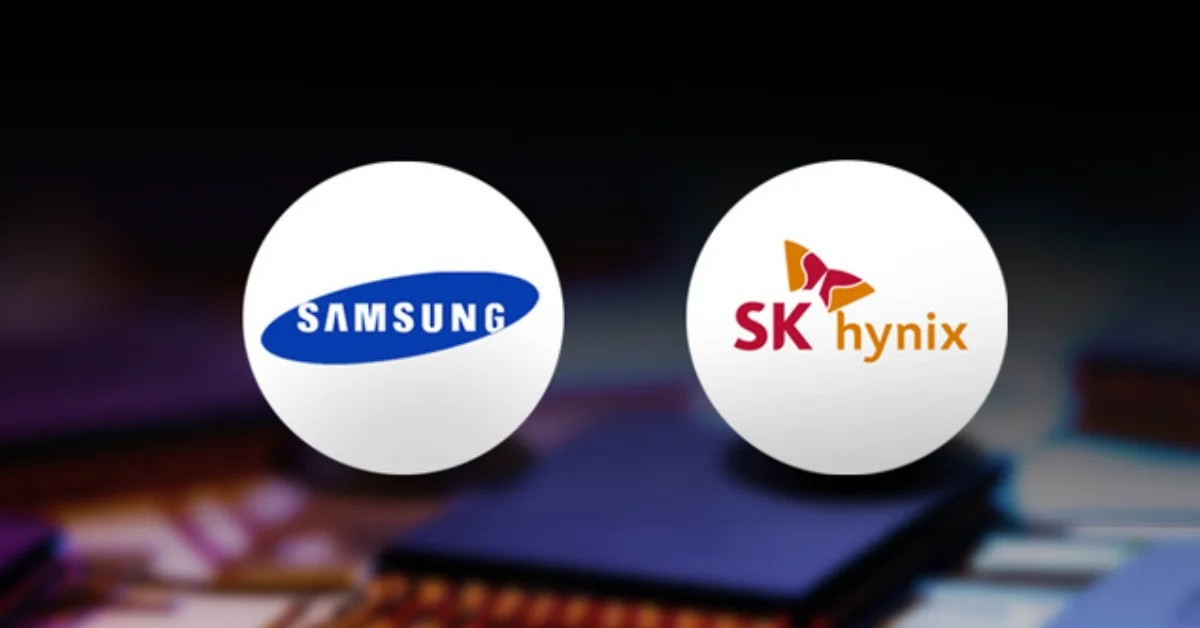

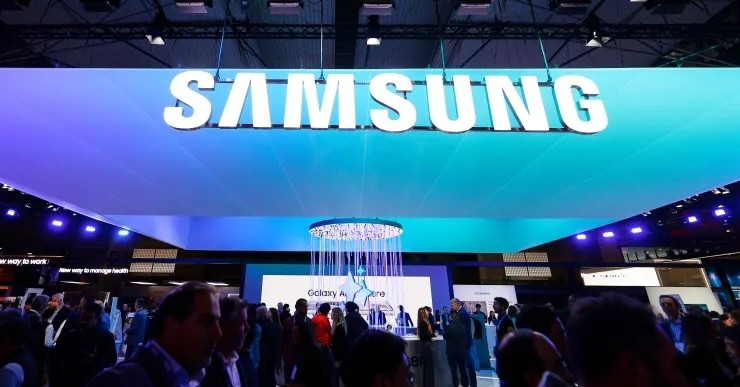
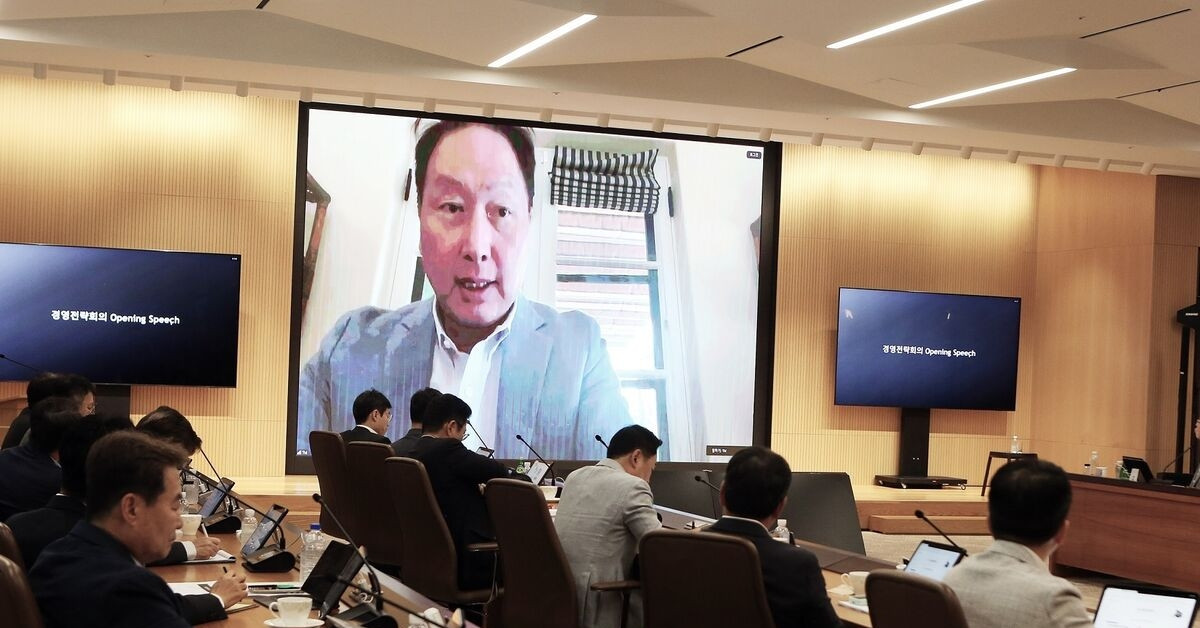
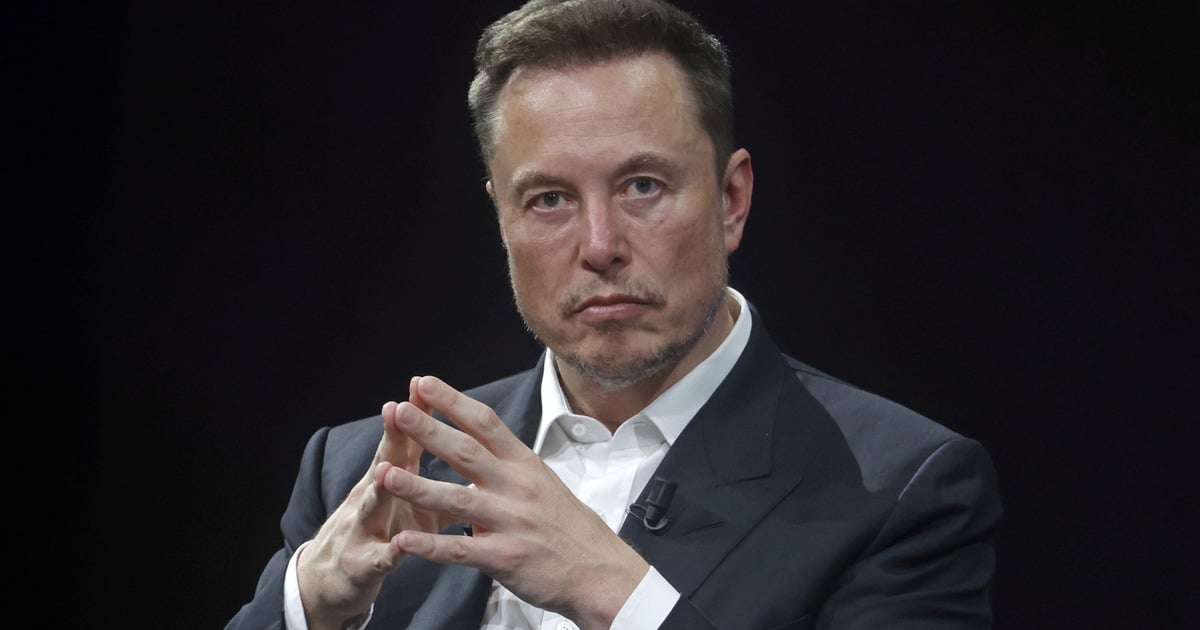



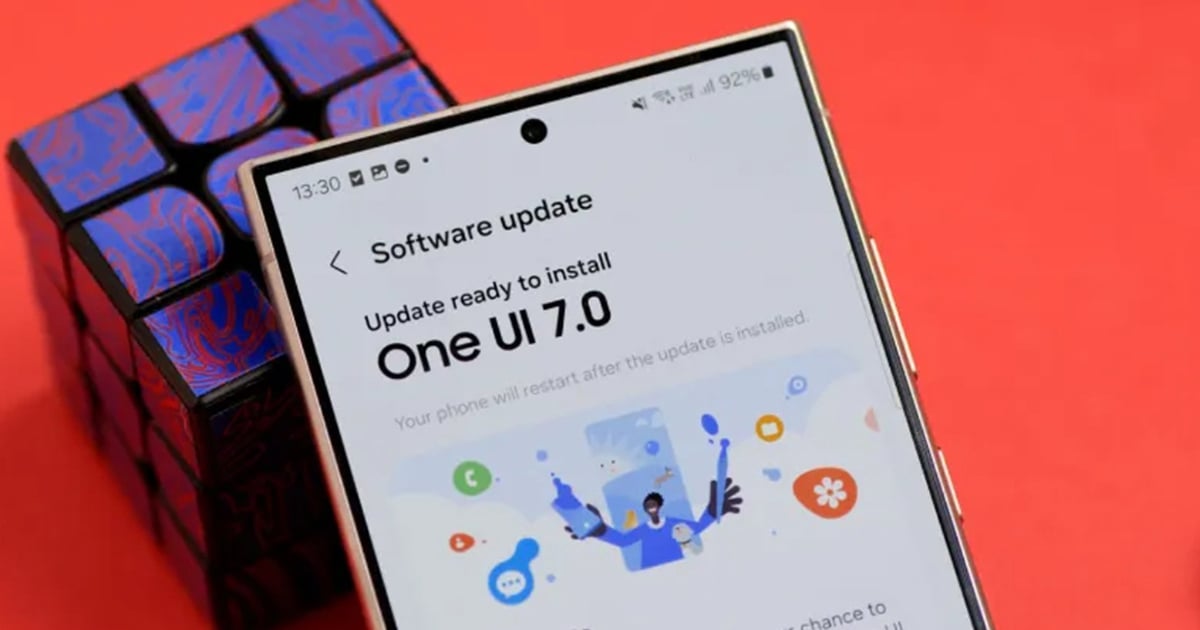


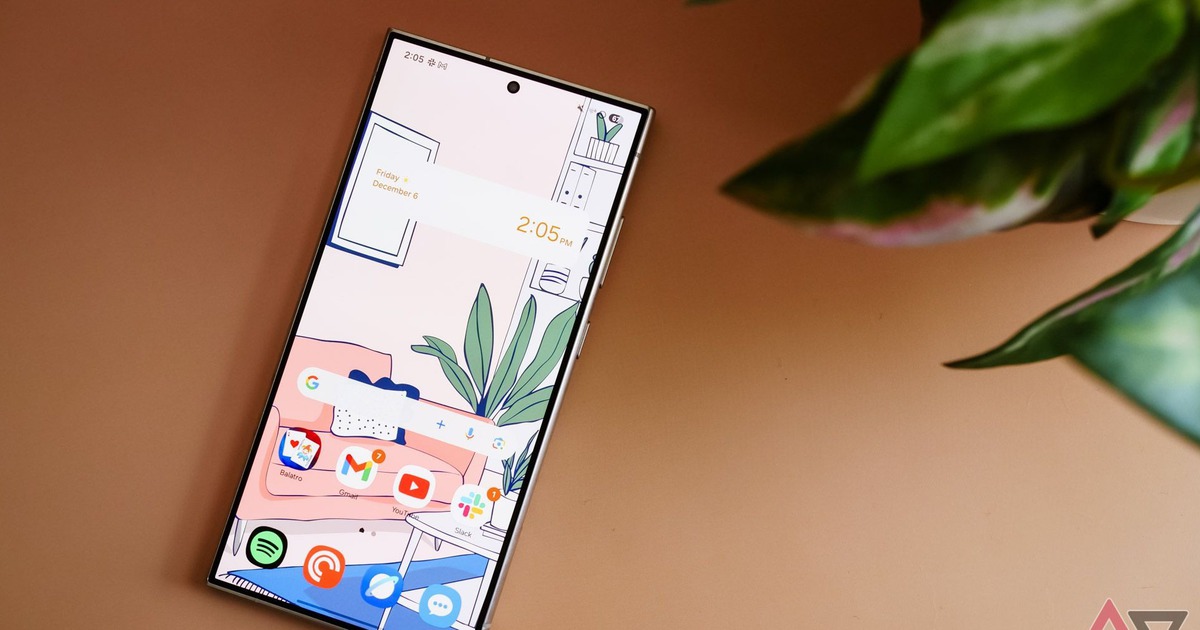


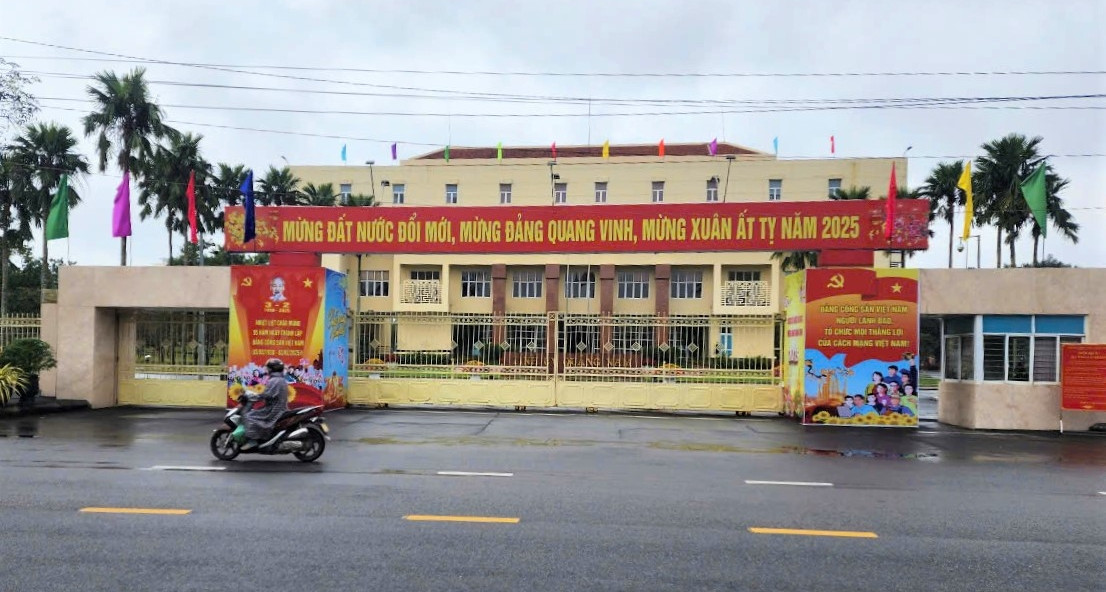
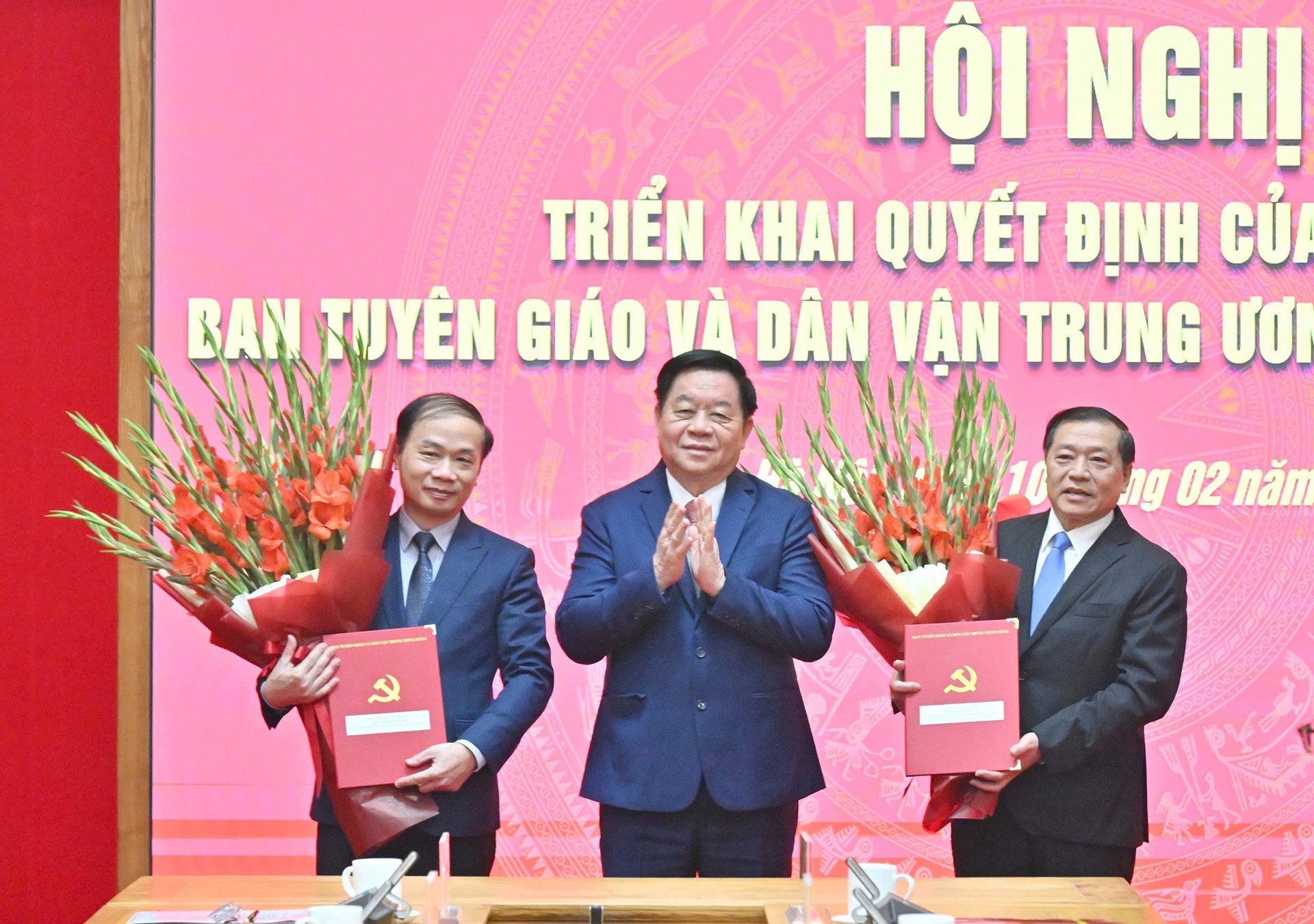
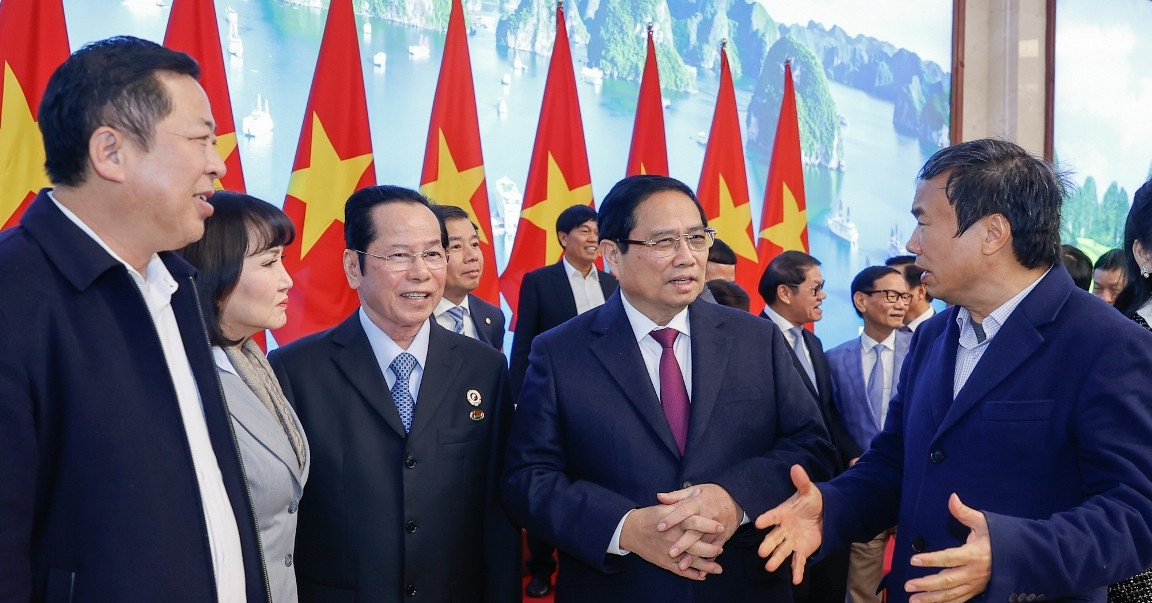
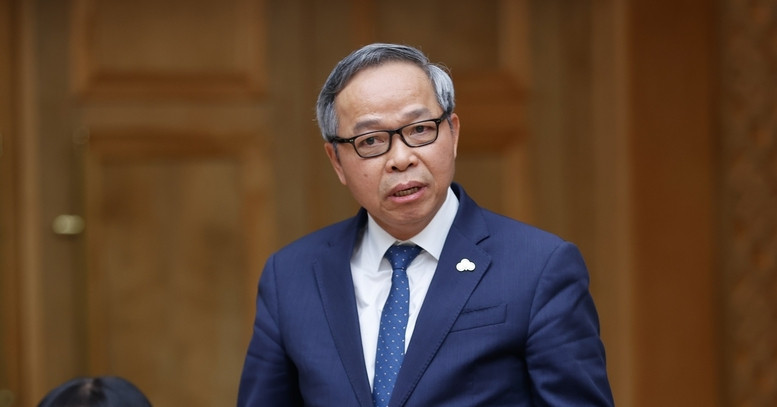
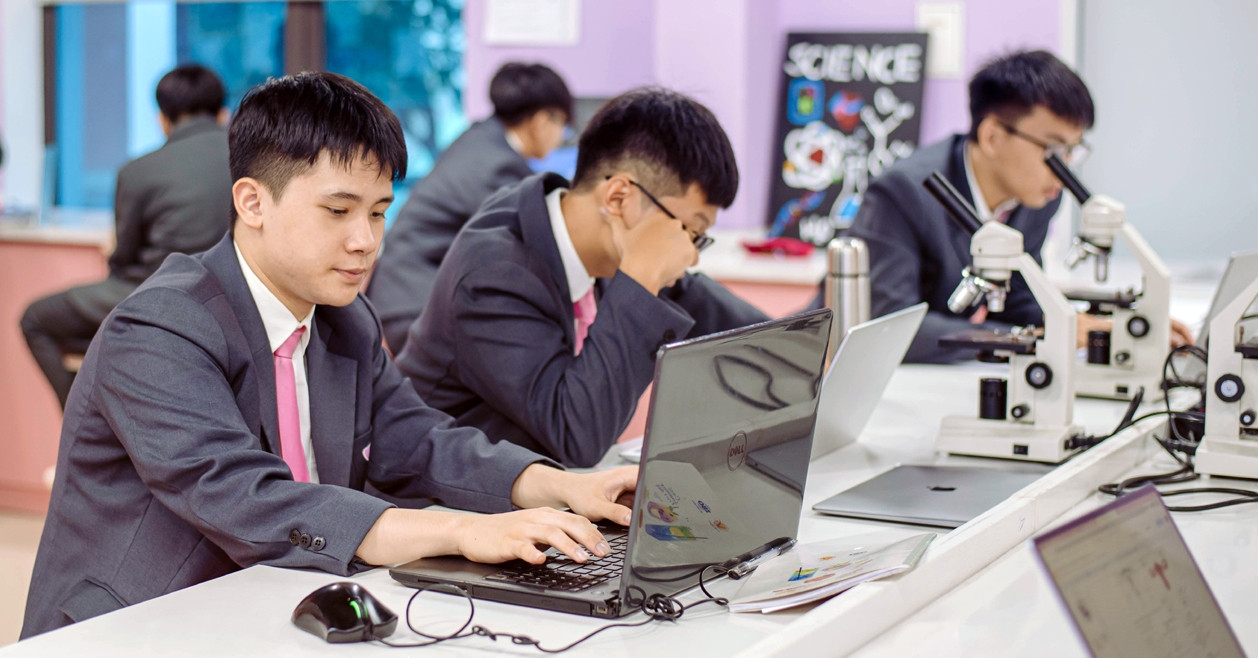












Comment (0)